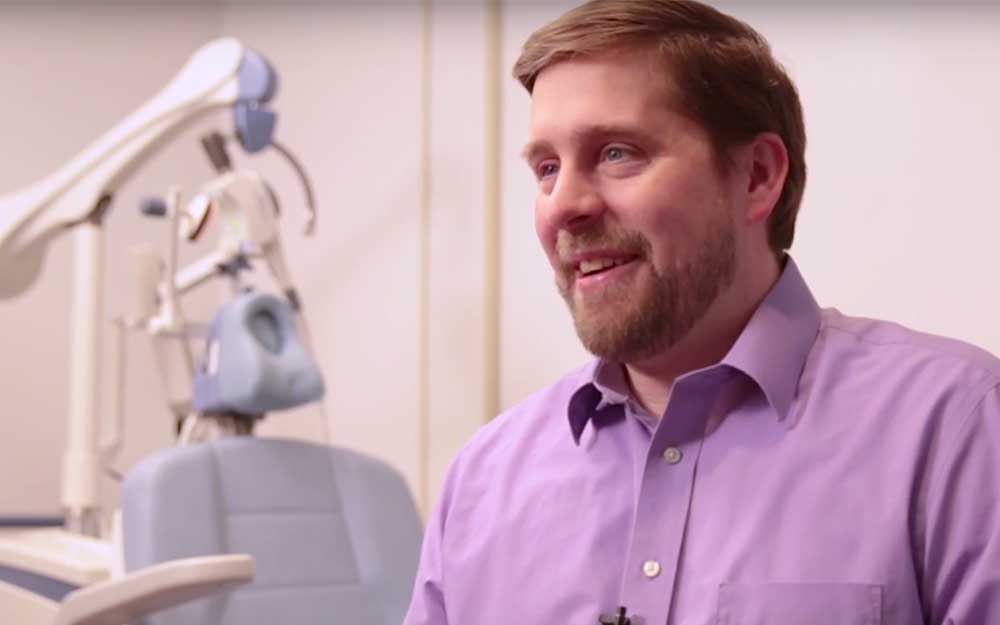
Considering TMS for the treatment of major depressive disorder? Find the answers to several common questions when it comes to TMS treatment.
There is currently no one-size-fits-all approach to treating depression, but transcranial magnetic stimulation (TMS) may someday become just such a thing, according to Dr. Tyler Rickers, DO, director of TMS Services at Rogers.
Using TMS to treat major depression has been approved by the FDA for just about 10 years and the results have been very positive. According to Dr. Rickers, Rogers–Oconomowoc has 65-70% of patients see improvement through the combination of TMS and cognitive behavioral therapy for treatment-resistant depressive disorder. This is even higher than the national rate of 50-55% and Dr. Rickers notes that it has a higher rate of effectiveness than some antidepressants as well.
How does TMS work?
What is the criteria for TMS treatment?
Currently, TMS is available for those over the age of 18, and may be approved for adolescents by the FDA in the future. Apart from age, the typical TMS patient at Rogers has a diagnosis of major depressive disorder (MDD) and hasn’t seen relief from anti-depressants. Because of the way the technology works, people with metal implants, shrapnel in their head, a history of seizures, and facial tattoos that contain a metallic or magnetic sensitive ink aren’t able to receive TMS treatment.
What is the future of TMS treatment?
Dr. Rickers explains that TMS could soon prove to be effective for additional disorders and is “in many ways the future of psychiatry.”
“I think 20 years from now, we’re going to be using TMS much more frequently,” Dr. Rickers says. “We may realize the potential that these magnets have as we map out the brain and come up with protocols to treat various areas and diseases.”
Dr. Rickers recalls a patient who was having a number of intense side effects from different medications for depression. For that individual, the combination of TMS and psychotherapy was life-changing.
“The patient left here happy and not on any psych medications,” he says. “That was a big victory because they were having a lot of difficulty with the side effects.”
What if TMS doesn’t work for you?
Like any treatment, there are still those who do not benefit. For them, Dr. Rickers says not to give up hope.
“TMS is not the last treatment option available,” Dr. Rickers says. “There are many other treatments out there, including medications, psychotherapy, and even electro-convulsive therapy, if necessary. But my biggest recommendation for somebody who doesn’t do well with TMS is to not give up. Just because you didn’t find the answers through TMS doesn’t mean there isn’t a solution.”
TMS treatment is currently offered for those ages 18 and over in our San Francisco East Bay and Oconomowoc, WI, locations as a standalone outpatient treatment.


